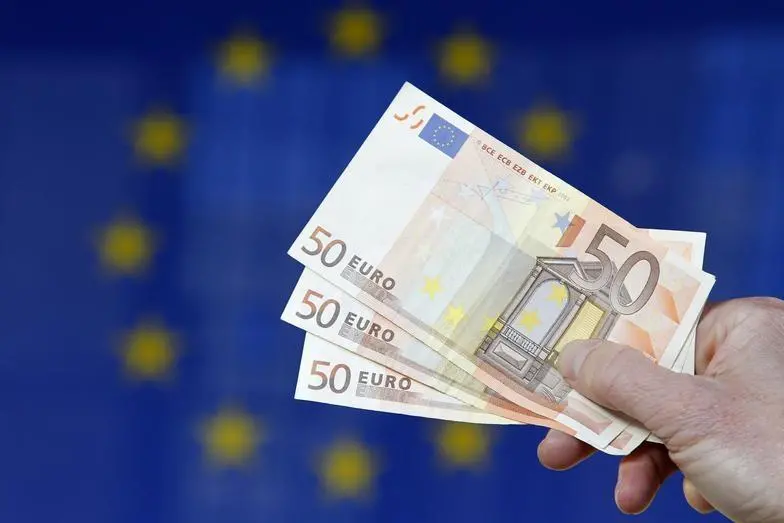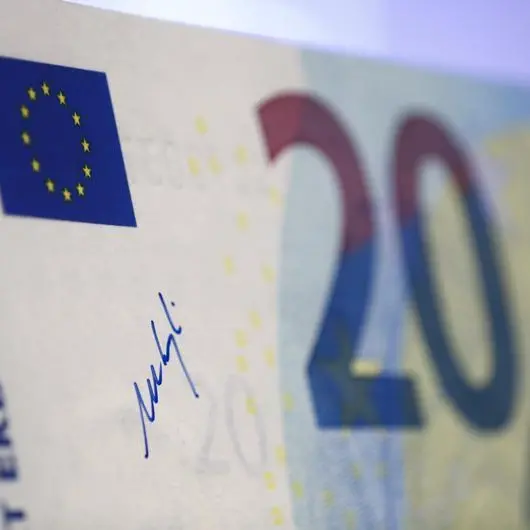PHOTO
Euro area government bond yields rose on Wednesday as markets scaled back bets on European Central Bank rate cuts after U.S. President Donald Trump backed off from threats to fire the head of the Federal Reserve.
Sentiment also improved after U.S. Treasury Secretary Scott Bessent talked about a possible de-escalation in U.S.-China trade tensions.
"Trump appears to be backpedalling on the two battles he cannot win - China and Powell," said Mohit Kumar, chief economist Europe at Jefferies.
"It doesn't mean that we will not get further headlines from Trump blaming the Fed, but the market should be relieved that a near term tail risk has been reduced," he added.
Markets have sold off U.S. assets in favour of the euro, driven by fears a U.S.-China trade war could plunge the global economy into recession and concerns that Trump's criticism of the Fed could undermine the dollar's status as a reserve currency.
Germany's 10-year yield, the euro area's benchmark, rose 3 basis points (bps) to 2.48%.
U.S. Treasury long-term yields fell in London trade - with the 10-year down 4.5 bps - after slipping on Tuesday as fears that Trump's trade policies could trigger a U.S. economic slowdown provided some demand for U.S. bonds.
Money markets priced in European Central Bank deposit facility rate at 1.60% in December, up from 1.55% late Tuesday but below the 1.72% level recorded shortly before last week's European Central Bank policy meeting.
"April’s euro-zone flash PMIs suggest that the immediate damage to production from U.S. trade policy has been limited so far," said Jack Allen-Reynolds, deputy chief euro zone economist at Capital Economics.
Euro area borrowing costs briefly ticked up after a batch of data showed earlier in the session that euro zone business growth has stalled while contracting in Germany and France.
"This (the drop in the business outlook) highlights the risks to our forecast that growth in the euro zone can pick up substantially from the second half of the year onwards," said Salomon Fiedler, economist at Berenberg.
Germany's 2-year yield, more sensitive to expectations for ECB policy rates, rose 6 bps to 1.72%. It hit 1.622% on Tuesday, its lowest level since October 2022.
The yield spread between French and German 10-year bond yields -- a market gauge of the risk premium investors demand for holding French assets – was at 75, in the middle of its trading range since early June, after Macron floated on Tuesday the idea of early snap elections.
"In our discussion with French accounts, the majority had the view that despite seeming political stability, early elections this year were likely," said Jefferies' Kumar.
"We retain our structural bearish bias on France with an expected trading range of 65 bps-90 bps spread versus Bunds for French bonds."
The gap between Italian and German 10-year bond yields dropped 2 bps to 113 bps.
(Reporting by Stefano Rebaudo, editing by Kim Coghill)





















